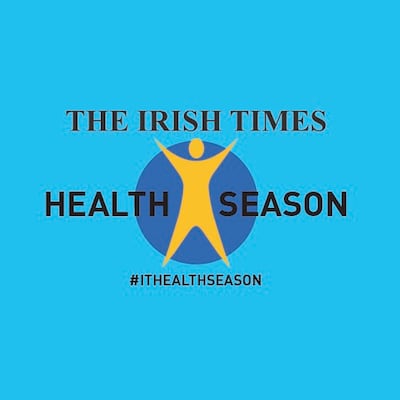Question
I am a man in his late 50s struggling to help my two children, who remain at home. One is in his early 20s, the other in her late teens. They are both very isolated, even more so since the pandemic, if that were possible.

The latter destroyed what narrow life my teenage girl had – she dropped out of school and refused to go out or see people at all, even for a walk. My boy has long refused to engage with the world, since he was around 11 and 12 he retreated to video gaming and the internet, and he would get angry if my wife and I tried to put restrictions on it. We are good, decent hardworking parents who have tried to give our children everything as best we can. My eldest son is doing well and has left home, he is outgoing, has a girlfriend and is getting on with his life.
Seeing how isolated the other two are, how my youngest doesn’t like to touch things, which I understand is OCD (obsessive-compulsive disorder), how they both eat restricted diets, has recently made me think that, all along, they have been suffering from autism. I don’t know a lot about this, apart from a few things I’ve read. I am not an expert and I don’t know – and I can’t get help.
I’ve tried e-mailing a few people, but because they are adults now it’s harder. Not that it was easy before. I tried to get help for my teenage girl during Covid, but little help was given. My problem is two-fold – how to help them, and how to get them to accept they need help.
‘I am divorced at 60, envious of my ex-husband’s new life and struggling with loneliness’
Look inside the most expensive house sold in Dublin so far this year
‘I learned about Irish time. People arrive late and think they are on time’
Bishop Casey’s Buried Secrets review: ‘He had no fear of being caught’
Both of them refuse to engage and want to continue locking themselves away in their rooms. They can’t live like this any more. They are in the house 24/7, they have no idea how to engage with the world. They have both felt suicidal at times, a feeling which has been present in the family background. I feel it can’t be depression, it must be something more, but as their dad I don’t know how to help any more, where to turn or how to start. I have tried their GP.
Please can you point me in the direction of where they can get real help and instigate real change. I ask this because the alternative is horrible.
Answer
What shines out from your letter is how much you love your children and how frustrated and helpless you feel at their suffering. Covid restrictions did indeed close down people’s worlds and there is no doubt that your children were in the most vulnerable group, being both teens and perhaps suffering from social anxiety.
However, there is hope and perhaps the first action to take is to equip yourself with knowledge and support, then options will open as to possible routes to take. AsIAm is an Irish autism charity that has information and action plans for parents or family members of those with autism and it also has links for teenagers and young adults. You should be completely open with your children about seeking help for yourself and your actions may activate their own curiosity about seeking help.
Your children are intelligent and know that they are living restricted lives, their occasional suicidality highlights their despair and upset and if nothing changes then even more risky behaviour might ensue. Do not suppose that talking about this will encourage them towards self-harming, but see it as a cry for help. If you ask them for their support in helping you find more fulfilling lives for all of the family, they might offer you surprising ideas about where to start.
If your family has no history of vulnerable conversations, then you might either need help yourself to learn the skills of opening up or else you might consider engaging a family therapist. If you find it difficult to engage with psychological support, you can imagine how much more difficult your children might find it, so show them the power of vulnerability and engage yourself first. If your children can see that their father is self-aware and help-seeking, it might open the door for them to risk asking for help too.
[ ‘Our son is getting married soon, but we think he’s making a very big mistake’Opens in new window ]
There is much more recognition now of how the world challenges those with autism, if that is what your children have, and public services and spaces are beginning to adapt so that there is true accessibility for all. This goal is still some way off but there is genuine understanding emerging and the world may not be as threatening to your children as it once was.
AsIAm will guide you towards the professionals that will be of assistance to you, and your family life can only benefit by you expressing your fears and anguish, and by you forging a path towards seeking help and support.
- To send your question to Trish Murphy, fill in the form below, click here or email tellmeaboutit@irishtimes.com
- If you have been affected by any of the issues raised in this article, you can freephone the Samaritans 24 hours a day for confidential support at 116 123 or email jo@samaritans.org.
- Alternatively, the contact information for a range of mental health supports is available at mentalhealthireland.ie/get-support.
- In the case of an emergency, or if you or someone you know is at risk of suicide or self-harm, dial 999/112.




